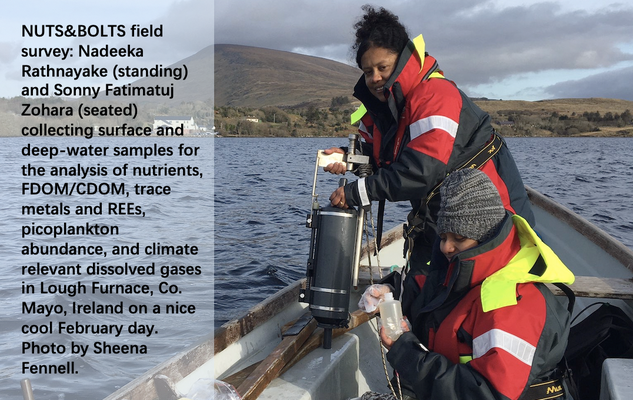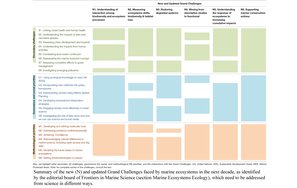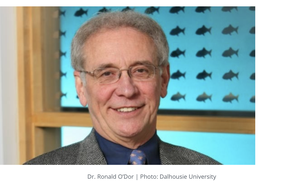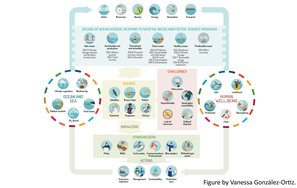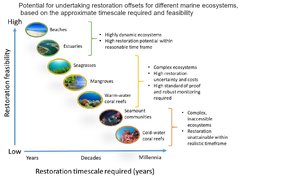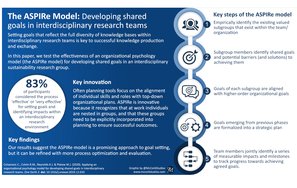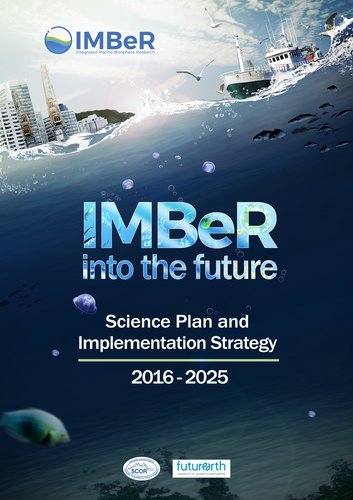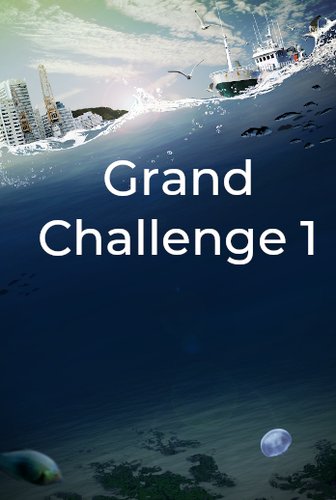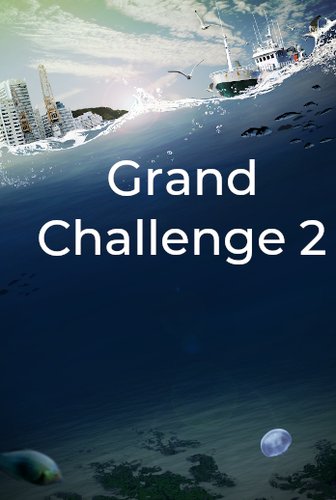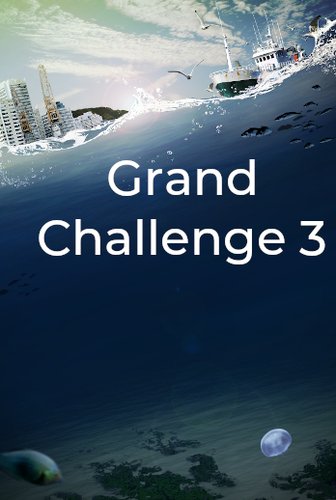Marine Ecosystem Ecology, a section of the journal Frontiers in Marine Science, has a renewed scope. The Specialty Chief Editor and the Associate Editors of the journal, have discussed the main challenges in marine ecosystems ecology for coming decade, deserving research and have identified six main challenges, ranging from understanding of interaction among diversity and ecosystem processes, structure and function, to ecosystem shifts, biodiversity and habitat loss, restoration, sustainability strategies for human activities in the ocean, including the assessment of ocean health, cumulative human impacts and climate change, as drivers of shifts, or marine conservation.
Eight secondary challenges include the links between ocean health with human health, impacts of alien species, loss of natural coastlines and ecosystem services, impacts on the deep ocean, impacts in the land-ocean continuum, the ‘holobiont’ paradigm, ecosystem-based management, and emerging pollutants. As governance and social priorities, the editors identified some major challenges: meeting UN Sustainable Development Goals, new methods into decision support tools for policy frameworks, climate-ready Marine Spatial Planning and MPAs, transnational observation strategies, engaging society more effectively in ocean science, and the role of fake news. Finally, some methodological priorities are: developing molecular tools for marine applications, addressing problems multidimensionally, promoting interdisciplinary and transdisciplinary studies, use of big data and machine learning, modelling and developing thresholds/targets to assess current and future ecosystems health. Download the paper
